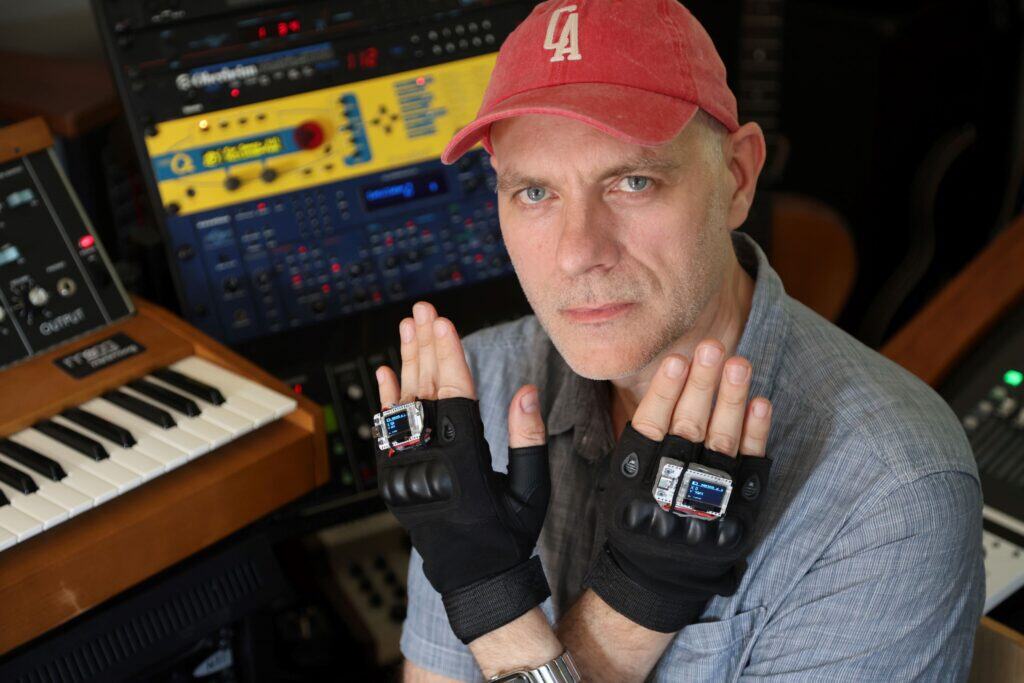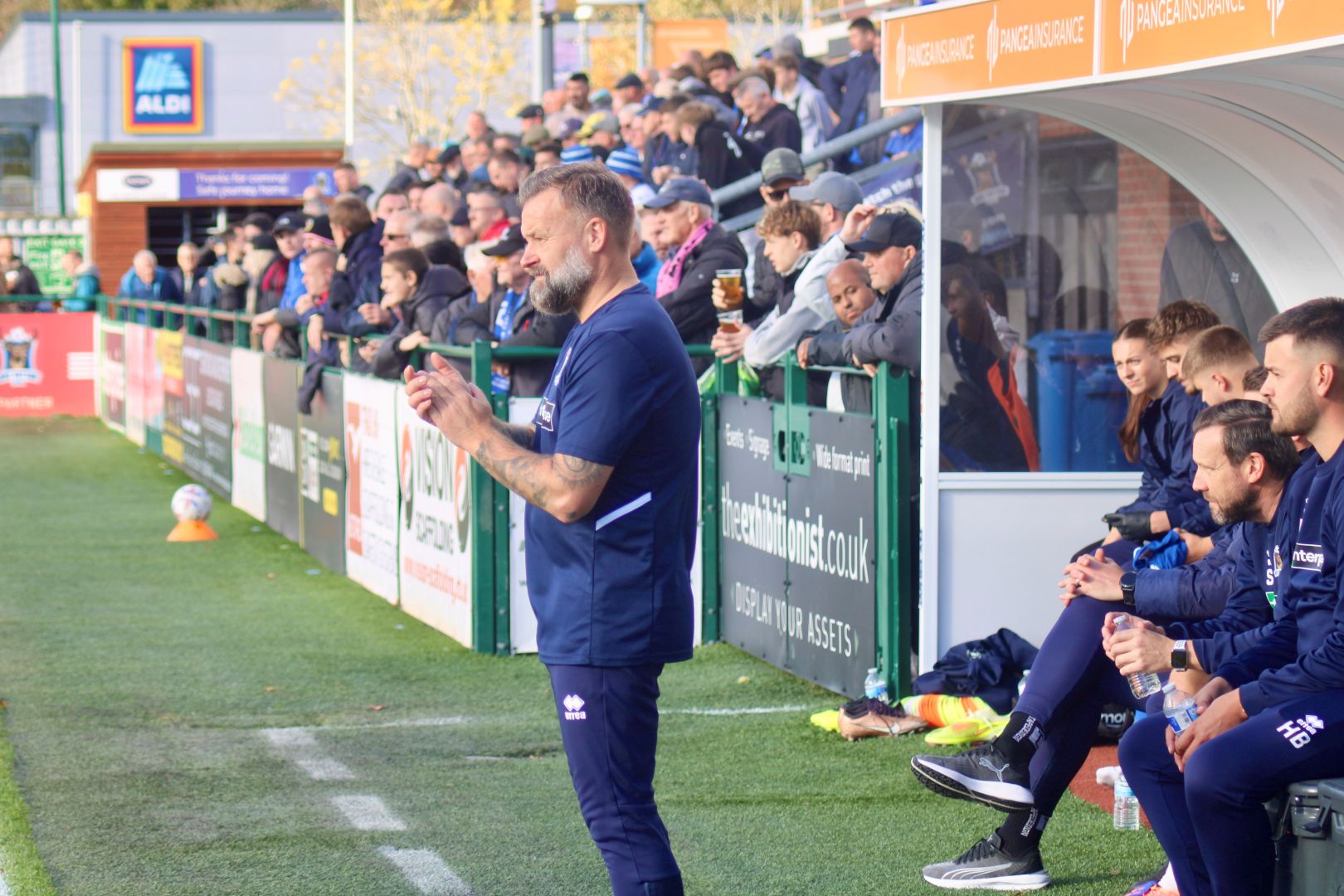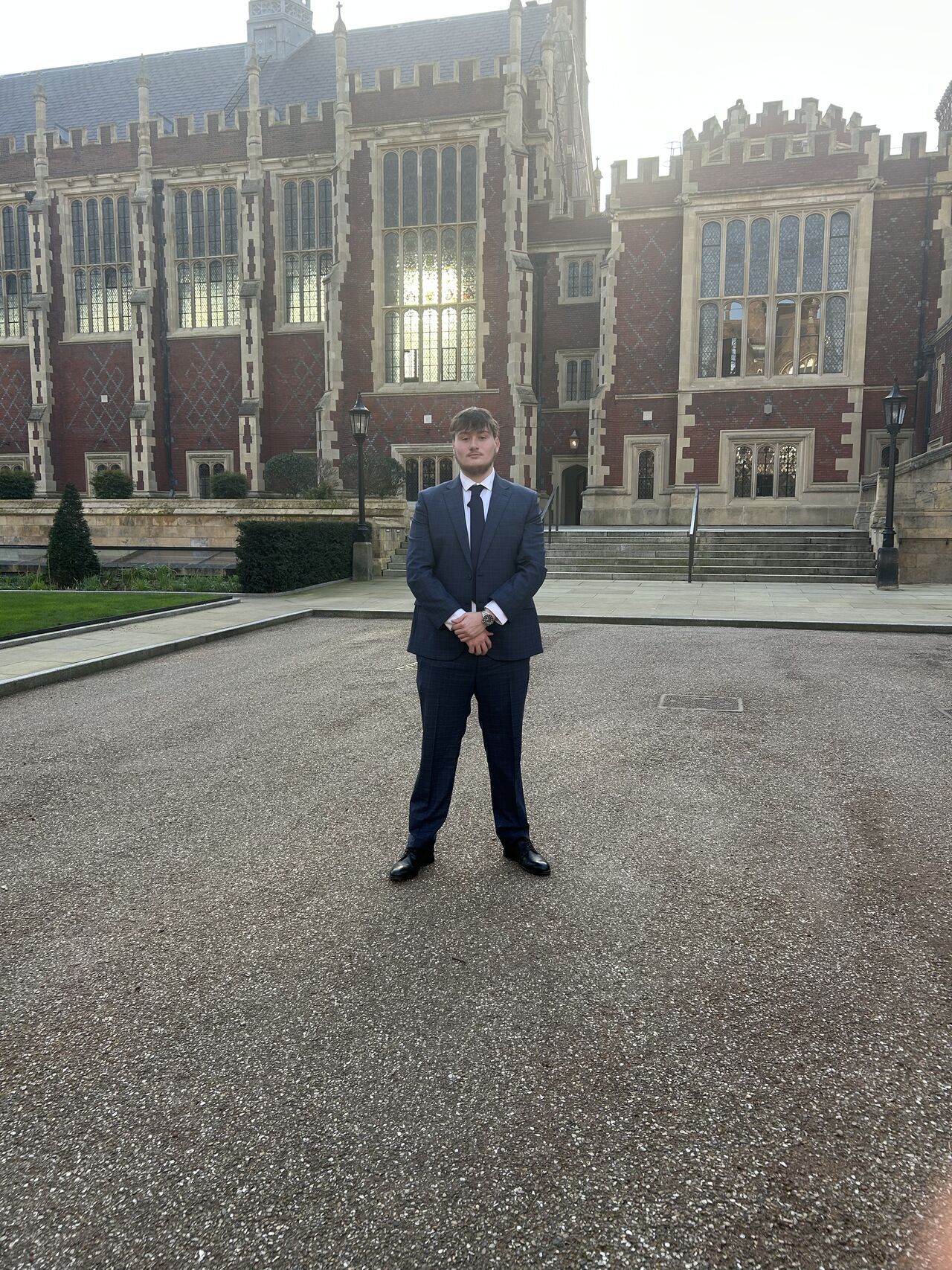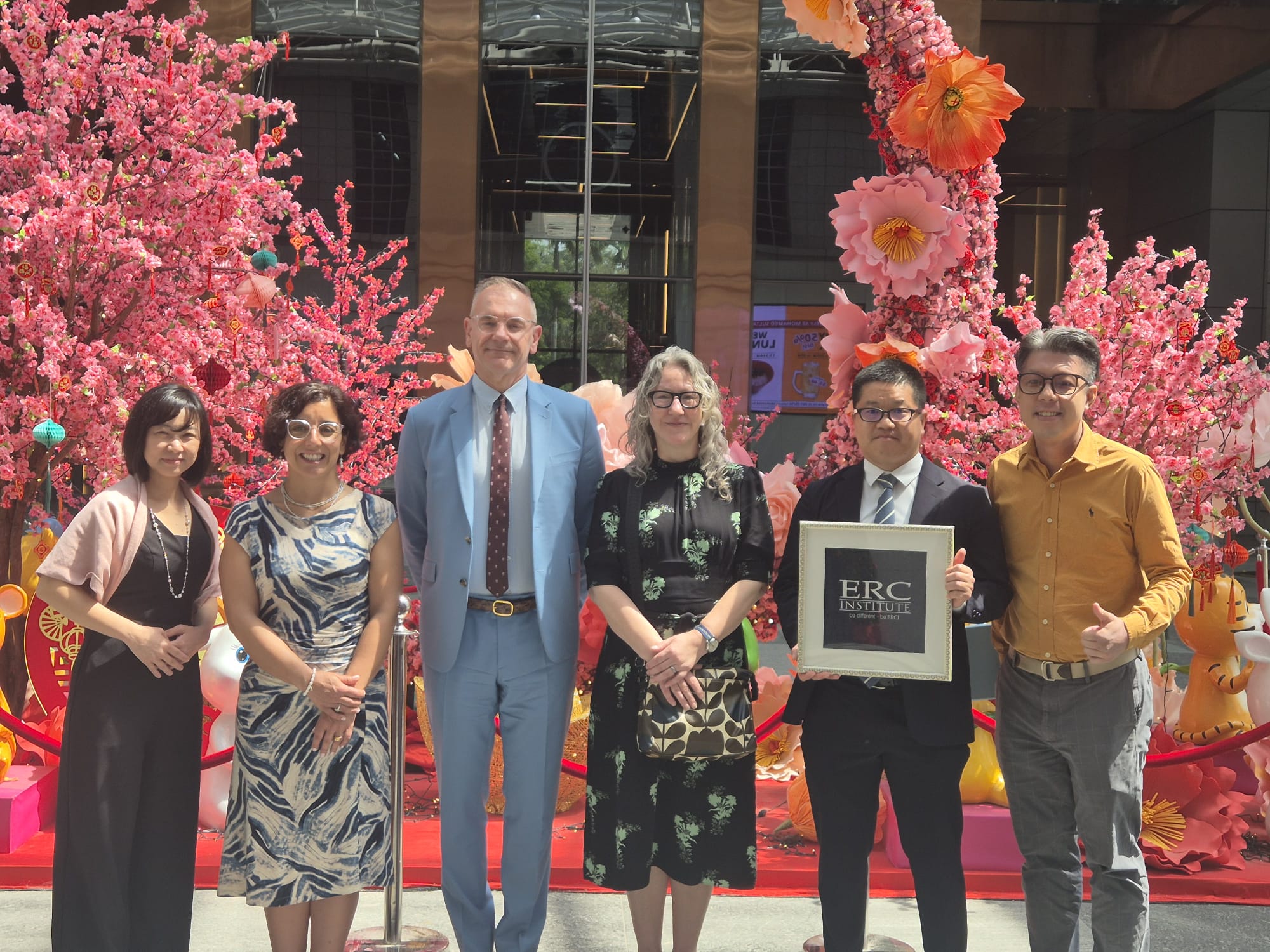New tech designed by Chichester PhD student helps create music without instruments

What if music wasn’t written on a page, but emerged from the world around us — shaped by gestures, shadows, memories, and even the weather? That’s exactly what a groundbreaking research project at the University of Chichester is exploring.
Bruno Newman, a PhD student and Associate Lecturer in Music at the University of Chichester, has drawn on his years of experience as a successful composer to custom build a modular synthesiser and gestural controllers which are used to create unique new pieces of music.
Bruno explained: “The performers wear specially-designed gloves that transmit their gestures wirelessly to a modular synthesiser system which I’ve designed. These gestures, along with real-time data from the environment (like light or water level), influence how sound is generated and transformed. Some modules even respond to data from remote locations — so a change in light in one room might affect the music being made in another.”
Bruno’s PhD is in Music Composition, but his research, titled ‘Undine: A Sonic Ecosystem’, involves stepping away from traditional musical instruments to use technology to redefine what we mean by ‘composition’. The resulting piece of music is where sound, body and data meet in unpredictable, expressive ways.
Using this technology could be viewed as a new type of performance art, as the performer is also a conductor and a composer.
Bruno adds: “At its heart, Undine is about turning invisible forces — memory, presence, change — into audible and performable experiences. As Arthur C. Clarke famously once said, ‘Any sufficiently advanced technology is indistinguishable from magic.’”
Bruno Newman is an award-winning composer, orchestrator, arranger, and conductor whose music has been described as both ‘fresh and powerful’ and ‘intensely emotional’.
His compositions span orchestral, choral, chamber, and electronic forms, often blurring the boundaries between classical instrumentation and contemporary sonic environments.
Following over two decades as founder and creative lead at London’s Resident Recording Studios (2001–2023), Bruno now works full-time as a composer, musical educator, and researcher.
Bruno is currently using the technology to compose a new piece of music which will be the culmination of his PhD. He plans to make the coding for the technology open source, so that other researchers can build on his work in future. His work has been part-funded by a Research and Innovation Grant from the University of Chichester.





